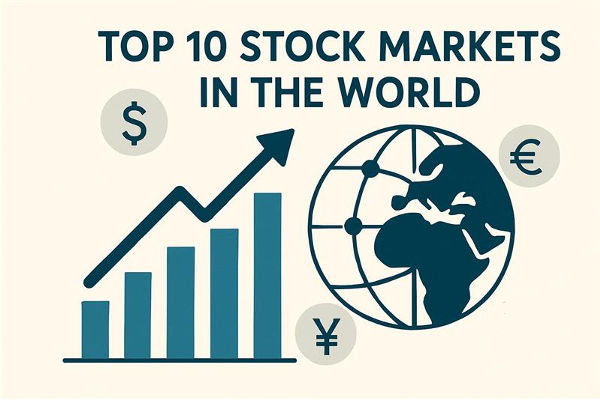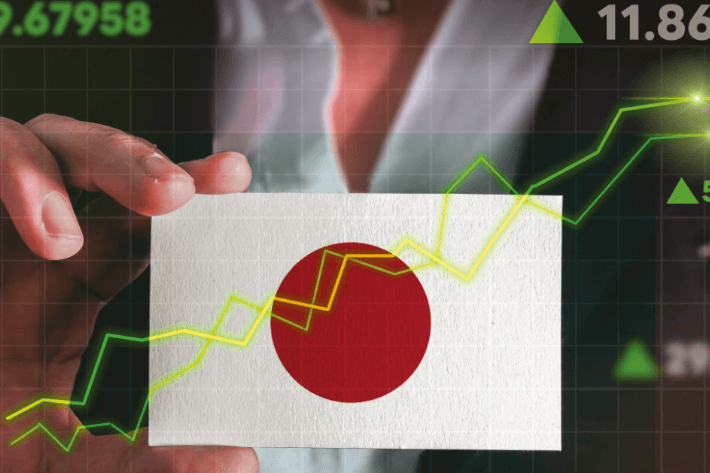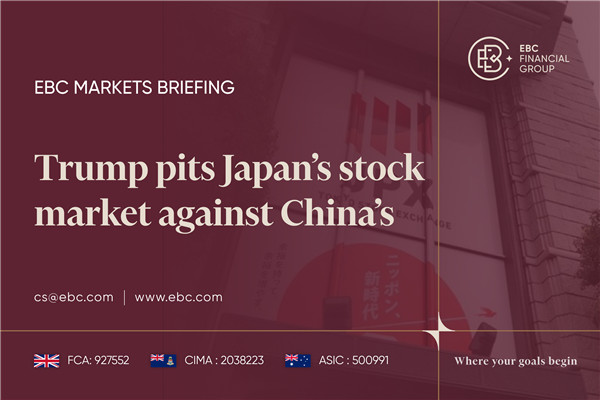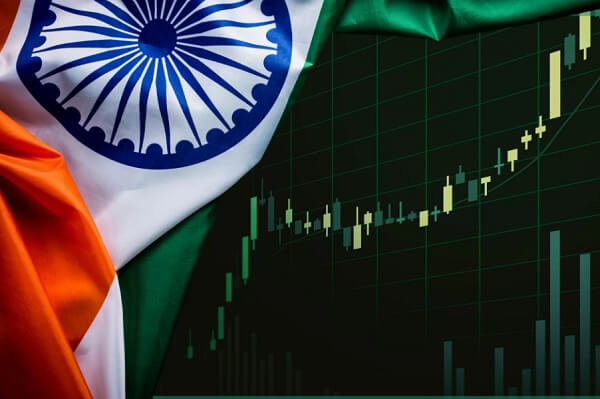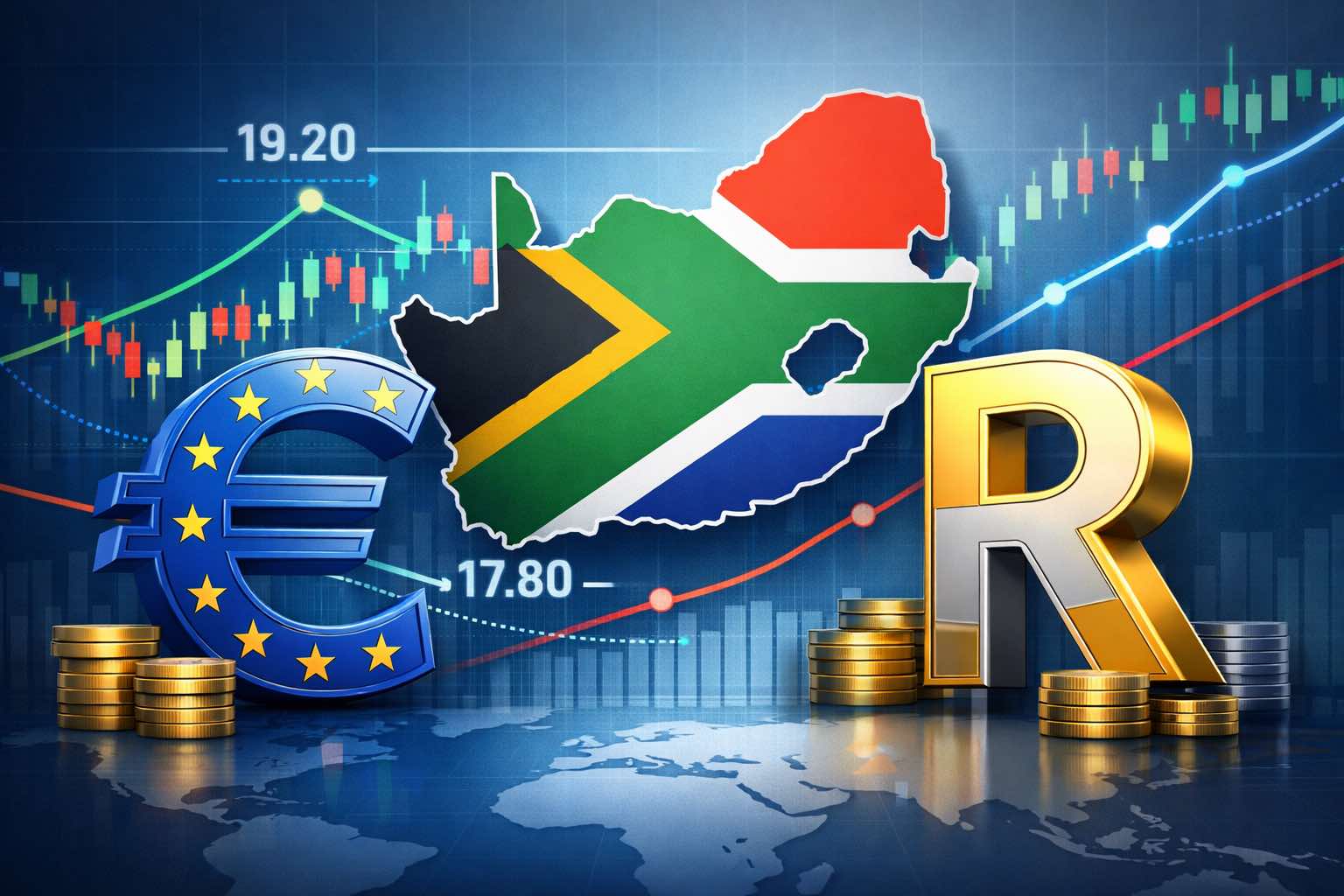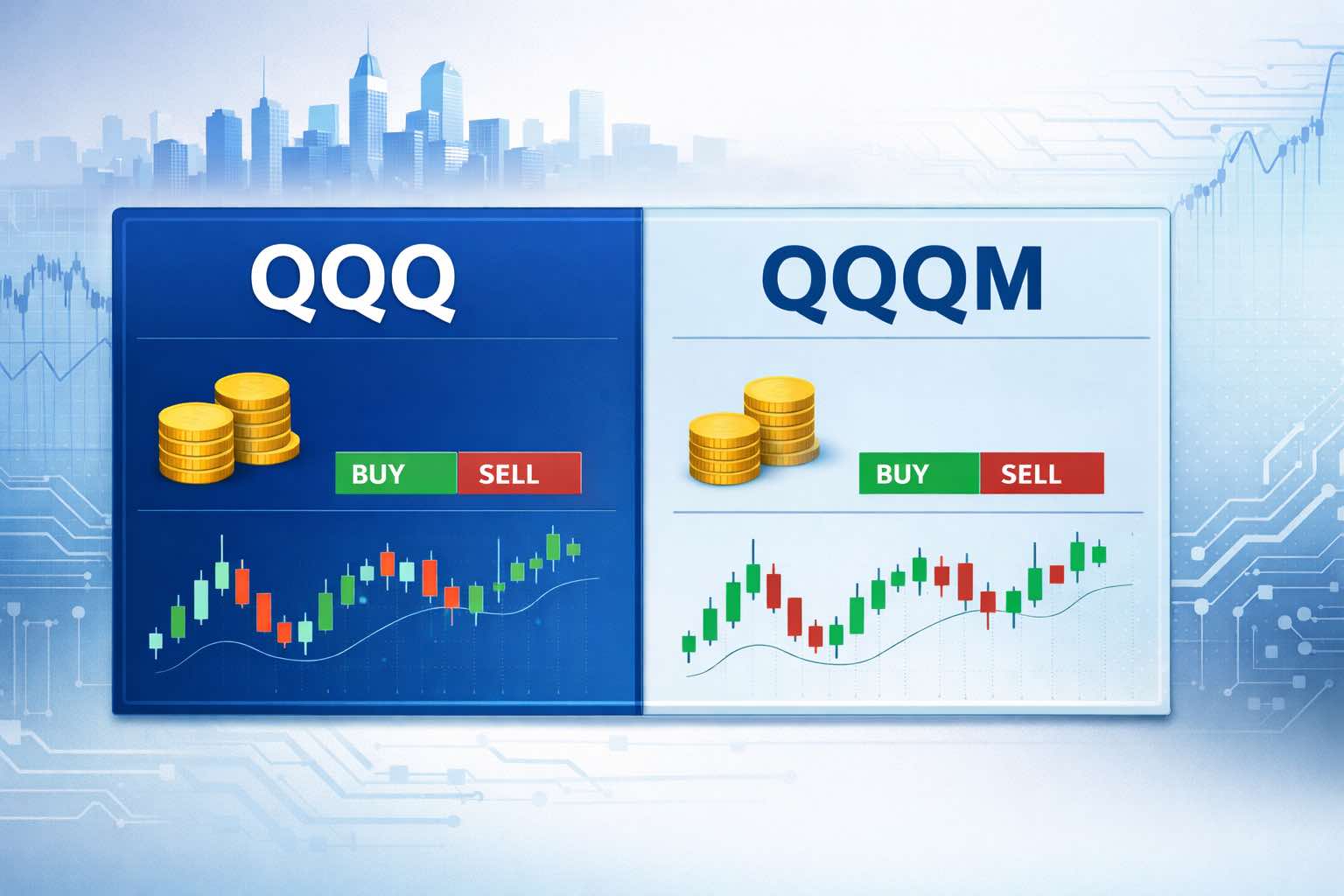Hedge funds added bullish bets on Chinese stocks last week on hopes of
progress in US-China trade talks, according to Morgan Stanley. China's A50 index
has gained 4.5% this month, more than reversing its losses in April.
The bank said US-based funds were absorbing both Chinese shares traded home
and domestic A-shares. In comparison, hedge funds reduced positions in most
other Asian regions, led by India and Australia, etc.
"The risk-return gets so appealing," said Michael Dyer, an investment
director for M&G Investments' long-short multi-asset strategy, referring to
global investors' extremely low positions and the cheap valuation of Chinese
equities.
However, hedge funds' exposure to China is still well below peak levels. It
is widely seen as more of a tactical play in that structural challenges remain,
especially tepid consumption and housing market woes.
Retail sales rose 5.1% from a year earlier in April, missing analysts'
estimates of 5.5%. Fixed-asset investment for the first four months this year
rose 4.0%, slightly lower than expectations for 4.2%.
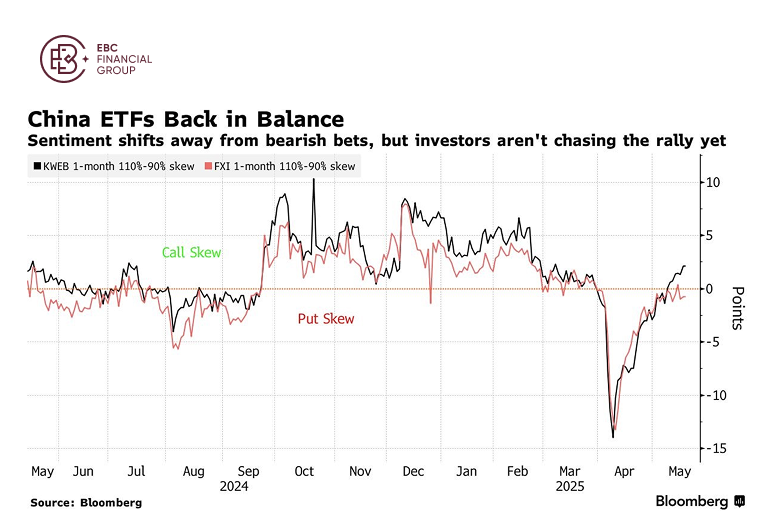
When the market surged last year on stimulus hopes, traders chasing the rally
sent a gauge tracking China Enterprises Index options prices spiking. By
contrast, that measure ended last week at its lowest level since January.
In a note last week, JPMorgan strategists wrote that the options market shows
a more balanced outlook now, after the de-escalation of trade war brought some
relief to the market.
A brittle deal
The effective US tariff rate on imports from China currently stands at 31.8%,
according to a report from ratings agency Fitch. Some are sceptical whether the
two sides can finally retain the status quo.
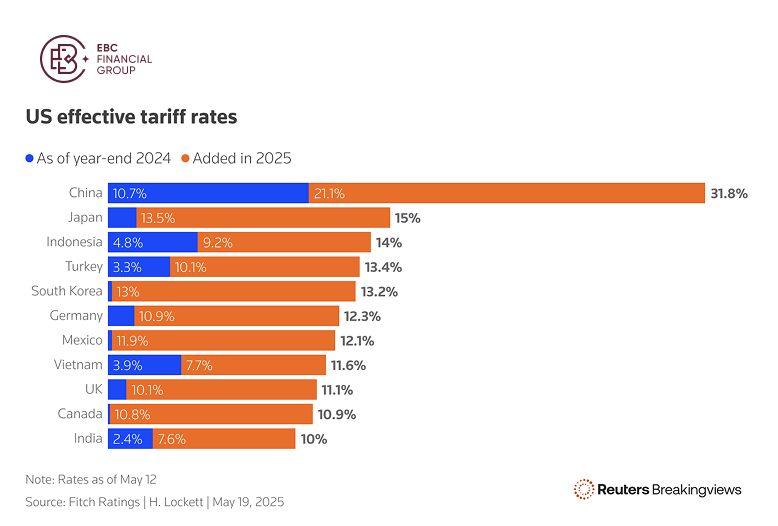
There is little indication that US discussions with its trading partners are
yielding much real progress ahead of their 90-day deadline in early July. The
only deal with the UK is also considered limited.
Worse, the electronics carve-out on was followed by a national security probe
into semiconductor imports. If that ends up revoking the exemption, it will
complicate already fraught trade talks.
On the other hand, Beijing appears to maintain tight control over its rare
earth exports. Its dominance in the processing stage has forced the US to build
its own supply chain and invest in projects in Brazil.
China will not compromise on key parts of its economic and political system,
including how SOEs are run, the Institute of Economics at the CASS noted,
meaning Trump could yet hike them again.
The country's exports surged in April on the back of a jump in shipments to
Southeast asian countries, partly due to transhipment. The figures came on the
heels of a fresh stimulus package.
The 7-day reverse repurchase rate has been cut by 10 bps to 1.4%, and the
reserve requirement ratio lowered by 50 bps. Besides, measures to support the
private sector are in the making.
H-shares outperform
Hong Kong shares have outperformed their mainland peers by the largest margin
in nearly two decades. The Hang Seng index was up 18%, extending its rally from
last year, thanks to the rise of DeepSeek.
The index's heavy weighting towards technology and finance has allowed it to
capitalise on the Fed's dovish pivot and renewed appetite for Chinese tech
stocks, said Wei Li, head of multi-asset investments for China at BNPP.
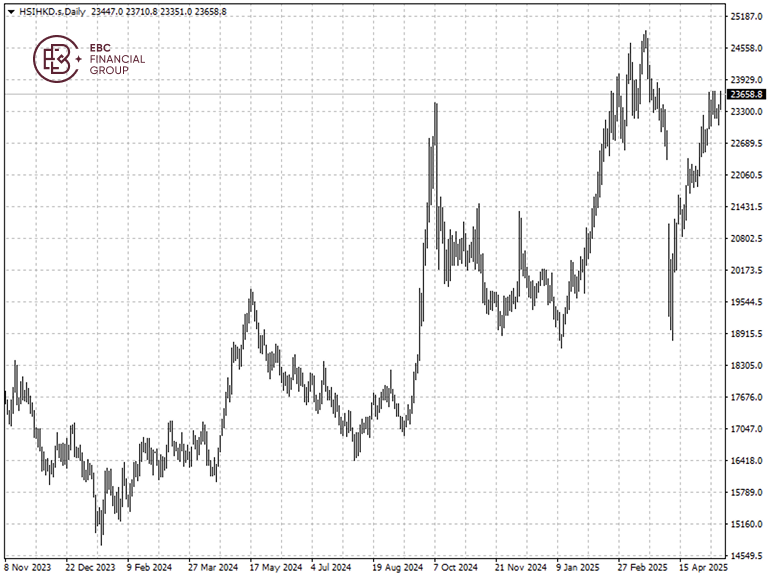
It is heading for a sixth straight weekly gain – a sign of complacency.
Without a reversal later this week, historical data suggests a pullback is very
likely to take place soon.
Chinese tech giants such as Tencent and Alibaba are mostly listed in Hong
Kong. The market also benefited from outflow from US equities as it is easier
for overseas investors to access than A-shares.
However, UBs analyst say international money flowing into Hong Kong appears
to be from shorter-term investors, such as hedge funds, rather than longer-term
market participants such as pension funds.
The latest financial reports ring alarm bells. Alibaba shares plunged their
most in more than a month Friday after revenue miss disappointed investors who
deem it the frontrunners in local AI boom.
Elsewhere a cutthroat battle in retail is heating up. JD has declared war on
Meituan and Alibaba in food delivery, which could erode profit margin in the
sector.
Disclaimer: This material is for general information purposes only and is not
intended as (and should not be considered to be) financial, investment or other
advice on which reliance should be placed. No opinion given in the material
constitutes a recommendation by EBC or the author that any particular
investment, security, transaction or investment strategy is suitable for any
specific person.













